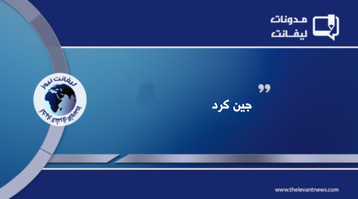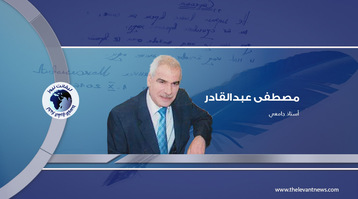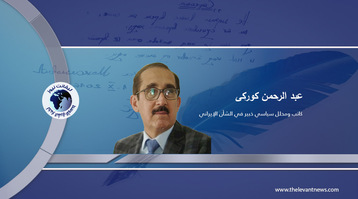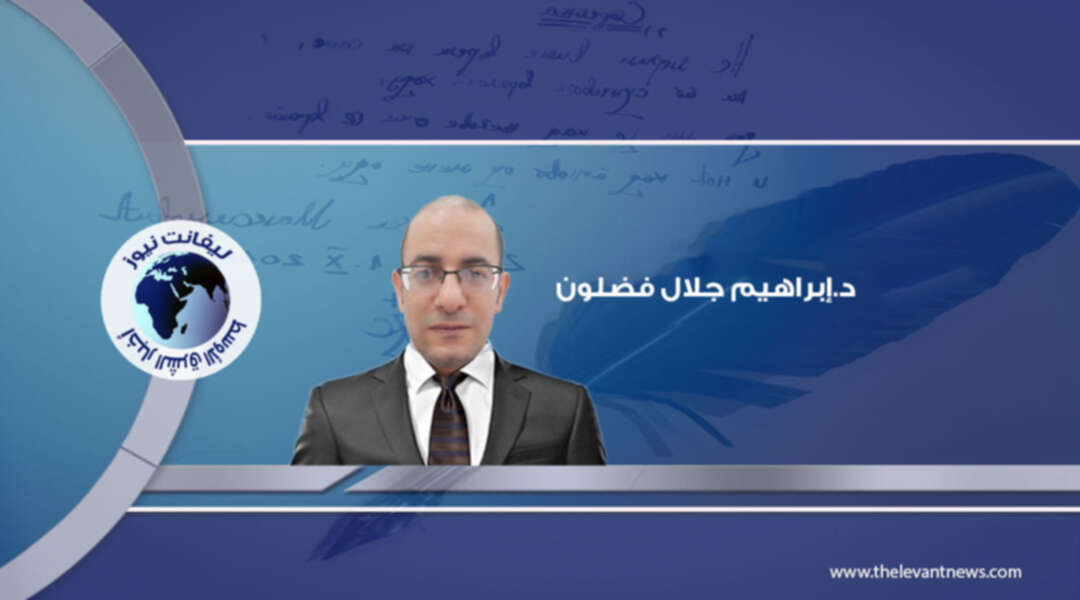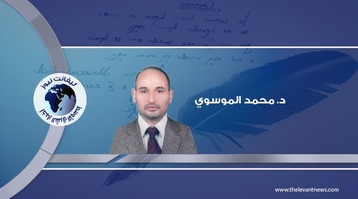-
The Dilemma of Identity and Citizenship in Syria (1 - 3)
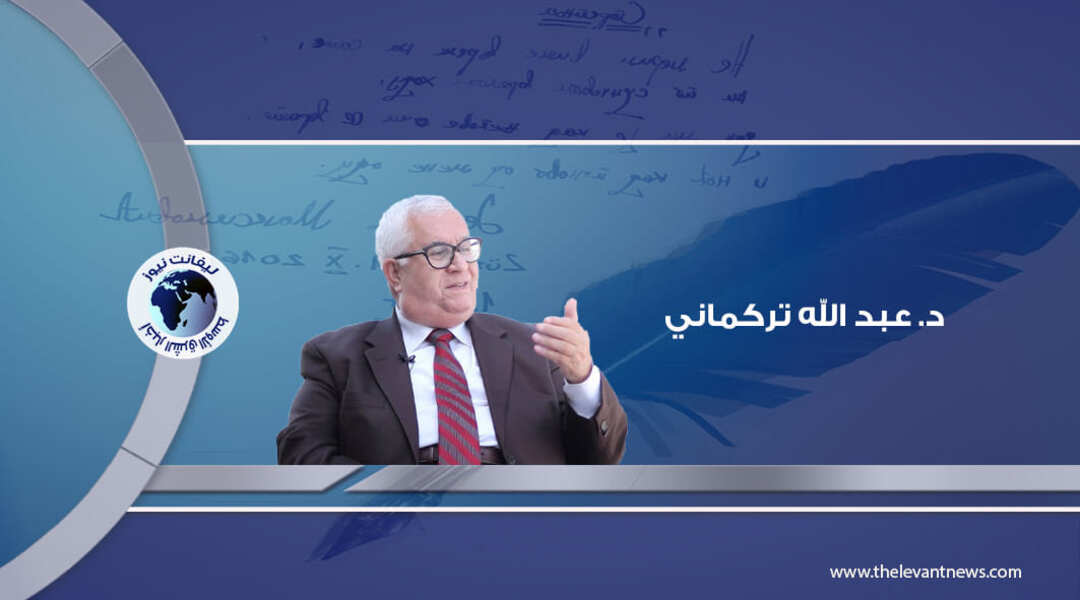
**Dr. Abdullah Turkmani**
The issue of identity sparks extensive debate during times of crisis, as has been evident in Syria for the past five decades. The revolution for freedom and dignity has starkly illuminated this dilemma, compelling us to devise effective intellectual and political solutions. This urgency is amplified by the influx of ideas, information, images, and values brought forth by the revolution in communication and social media, which raises the potential for an outbreak of "deadly identities." This has given rise to tribal, sectarian, and nationalistic sentiments, coupled with an increasing desire to explore one's roots and safeguard individual peculiarities.
This situation prompts several critical questions: Is identity formed through a fixed, comprehensive, and immutable historical context, or does it evolve, accumulate, and interact with other identities? How can we discuss a unifying identity in a culturally diverse country? In other words, what is the nature of the relationship among the various sub-identities within a collective national identity? Is it a relationship defined by "dominance" under the pretexts of "majority and minority," or should it be based on equality, national partnership, and principles of justice and respect for human rights?
### 1. Identity and the Dilemma of Difference
The concept of identity is one of the most "elusive and slippery" notions, varying according to the different fields that intersect with its meanings. Consequently, all attempts to define it "have failed to encompass all dimensions of its significance comprehensively, given the multiplicity and diversity of these dimensions." Identity can be both individual and social, and within each identity, there exist other identities (for example, within the collective Islamic identity, there are Sunni and Shia identities). Additionally, an individual's identity may change over the course of their life. The autonomy of individuals shifts with changing social factors; as educational attainment increases, "the capacity for independent thought rises," and with professional advancement, "the authority and responsibility in decision-making grow." When individuals are integrated into a comprehensive division of labor through exchange relationships and communication networks, "this reduces their reliance on their original group and opens new avenues of freedom," thereby establishing the foundations for "individual autonomy."
Thus, we observe that the question of identity is complex and is raised differently depending on whether we are living in a modern era or with a medieval mentality. In a modern mindset, "identity is not a closed prison, but rather a shared space for significance and meaning, a framework for collective memory, creating rich opportunities for acquaintance, communication, and thus public dialogue and debate." It entails the awareness that our status in time "is not confined to the present but is linked to a past that has shaped our belonging and is open to a future that poses challenges and questions." Here, we confront two facets of identity: the first is a fixed "innate" aspect, over which the individual has no choice, akin to genetic heritage. The second is a dynamic aspect related to the broader cultural space, through which identity acquires new attributes and characteristics.
In this way, the process "liberates the structure of identity from original protective guarantees and primitive constraints, transforming it into an environment for communication," meaning that "the actual identity fully engages in the process of its development as a tangible reality." As much as this process of identity enhances individuality, it conversely does not negate the "collective consciousness," represented by the existence of shared values among members of society, thereby "functionally driving the construction, integration, and national social cohesion."
There is no doubt that no people exist without a collective identity that is nourished through history, forming a flexible response to the transformations of social conditions and the twists this people endures. Thus, the identity of any nation or community is not an eternal matter but is tied to all internal and external influences, particularly through the processes of cultural and ideological exchange.
Among the internal influences, we can observe the attempts of authoritarian regimes, as seen in Syria over the last five decades, to brand society with a single identity, transforming it into a "public" with an identity that overshadows all its historically constituted characteristics. This is achieved through "manipulating collective memory" and crafting a new awareness that aligns with the long-term ideology and strategies of the ruling elite, leading to "social alienation." This alienation results in individuals reaching a state of behavioral conformity that borders on the "herd instinct," characterized by the suppression of critical awareness and thought, succumbing instead to the dominant signs, symbols, and images that saturate their environments—transformed by the authoritarian regime, through its propaganda machinery, into a state of an agenda that entirely distorts collective memory.
Further, the flexible nature of identity counters the claims of political, religious, and nationalistic fanaticism and the processes of mummifying identity, rendering it dogmatic within sacred, closed frameworks that diverge from the essence of free will, turning others into enemies and fueling religious and national conflicts. In the context of state and society,
You May Also Like
Popular Posts
Caricature
Qatar Closes Hamas Office...
- November 11, 2024
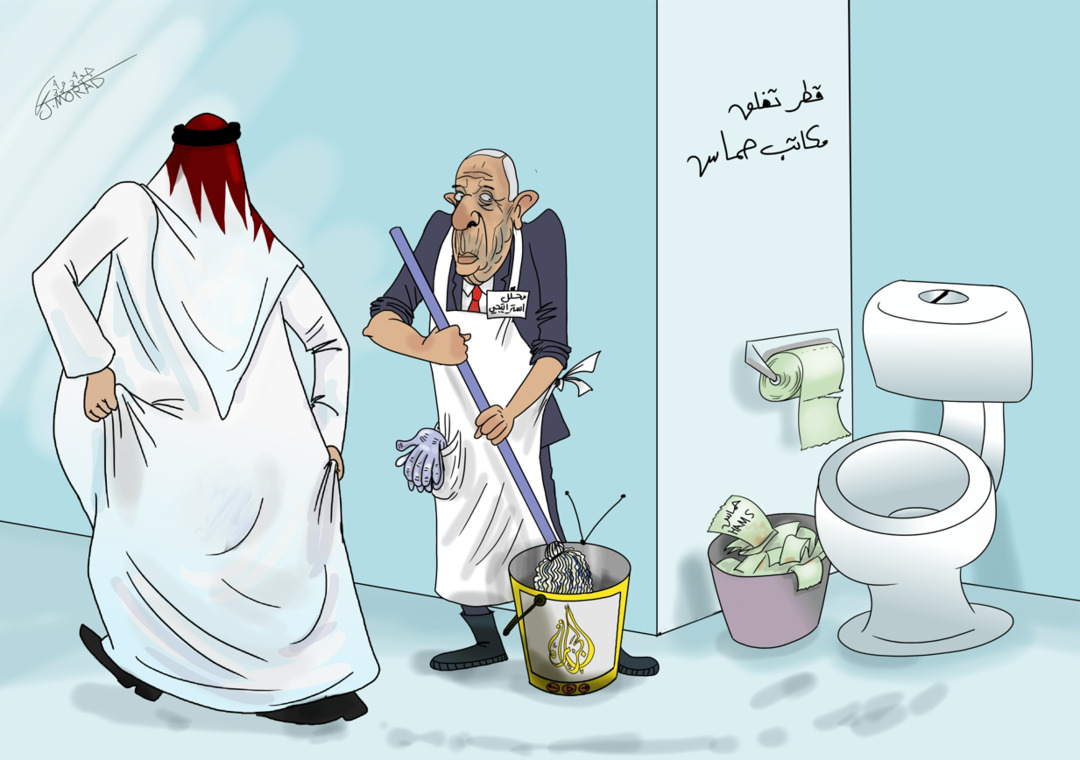
Qatar Closes Hamas Offices
opinion
Report
ads
Newsletter
Subscribe to our mailing list to get the new updates!

